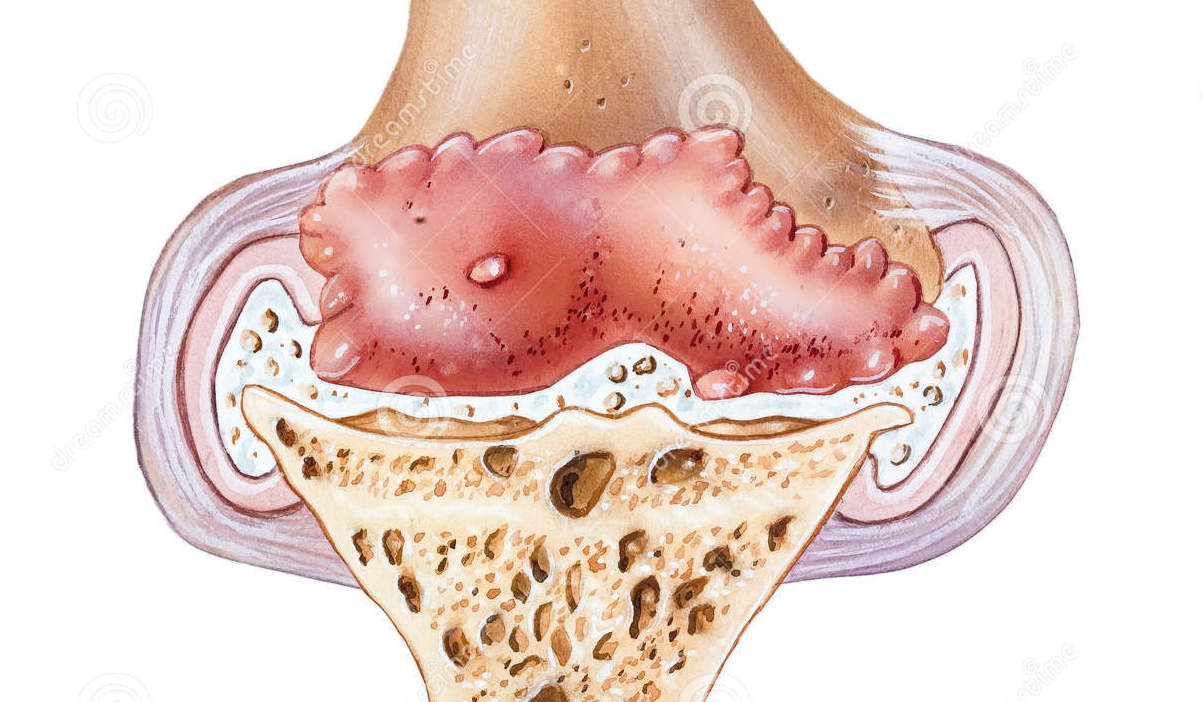
Arthritis pain
An estimated one in five American adults has been diagnosed with arthritis according to the Centers for Disease Control and Prevention (CDC). Arthritis is a major cause of disability in the United States. Left untreated, it can cause:
- Chronic pain
- Stiffness
- Swelling
- Limb deformities
- Impaired range of motion
These symptoms can seriously disrupt everyday life. Learning how to live with arthritis can be difficult. However, it’s usually possible to manage the symptoms and improve your quality of life.
Treatments for arthritis will depend on:
- Type of arthritis
- Individual health needs
- Severity of pain
- Symptoms in other body organs (extra-articular symptoms)
How lifestyle affects arthritis pain
Living a healthy life may help reduce your risk of developing certain types of arthritis. It can also reduce the severity of your symptoms.
Being overweight or obese, for example, increases the pressure on your joints. It may also contribute to generalize inflammation that can increase arthritis symptoms. Losing weight in a healthy way may help ease these symptoms.
Healthy lifestyle changes are often the first steps in managing arthritis symptoms. You should try to improve your sleep, exercise regularly, and eat a low-fat, high-fiber diet.
Exercise may be particularly useful in helping with arthritis symptoms. Low-impact exercise has been shown to:
- Improve joint mobility
- Relieve stiffness
- Reduce pain and fatigue
- Strengthen muscles and bones
Staying in motion actually helps to keep the pain away. Exercise, such as brisk walking, is critical in treating pain and stiffness associated with arthritis. It extends the life of your joints.
Alternative treatments for arthritis
Several types of complementary therapy may help with arthritis pain. The efficacy of these treatments varies among individual patients. Consult your primary care physician before starting any new treatment. It’s important to find out whether the treatment will be safe for you.
1. Acupuncture: Acupuncture and acupressure are traditional Chinese medicine techniques. They relieve pain by stimulating the skin at key points. This stimulation prompts the body to release endorphins. It may also block messages of pain from being delivered to the brain.
2. Transcutaneous electrical nerve stimulation (TENS): Transcutaneous electrical nerve stimulation (TENS) is a treatment in which a small electric current is applied to specific nerves. This current is believed to interrupt pain signals and lead to endorphin release.
3. Herbs and supplements: There are many herbal supplements that have purported anti-inflammatory properties. Capsaicin may help fight arthritis pain, according to the Arthritis Foundation. This is the natural chemical that gives chili peppers their heat. It’s used in several topical arthritis treatments.
Turmeric is another healthy spice that has been used to reduce inflammation for hundreds of years.
There is also some evidence that some other natural remedies may help with arthritis pain, including:
- Vitamin C
- Fish oil
- Glucosamine and chondroitin
- Cat’s claw (Uncaria tomentosa)
- Avocado soybean unsaponifiables (vegetable extract)
Clinical evidence to support benefit from these supplements is mixed. Some people with arthritis do find them helpful. Additionally, some of these supplements, such as fish oil and vitamin C, provide other health benefits unrelated to arthritis.
It’s important to exercise caution when taking supplements. Just because a product is natural does not mean it’s safe. The U.S. Food and Drug Administration does not verify the contents of supplements.
You should always consult your doctor before taking any supplement. Some supplements can interact with medications or cause health problems.
Precision Pain Care and Rehabilitation has two convenient locations in the Richmond Hill – Queens and New Hyde Park – Long Island. Call the Richmond Hill office at (718) 215-1888, or (516) 419-4480 for Long Island office, to arrange an appointment with our Interventional Pain Management Specialist, Dr. Jeffrey Chacko.













